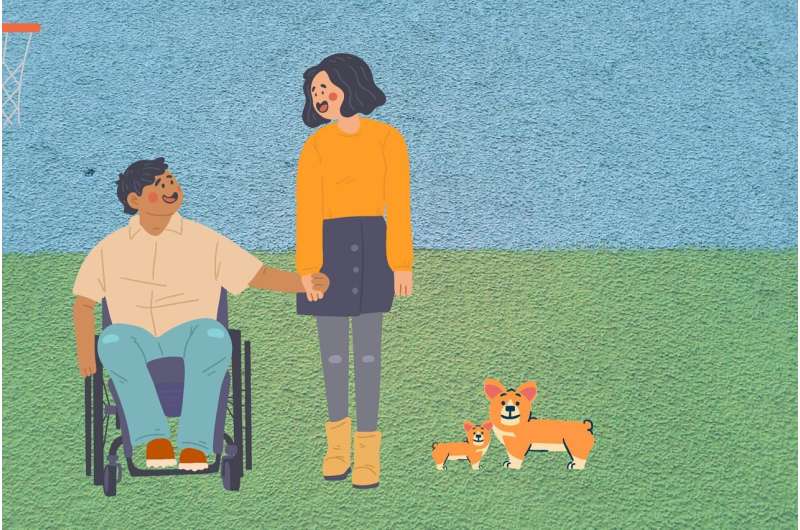New report on impact of pandemic on learning experiences of young people with disabilities

The first report to examine the impact of the COVID-19 pandemic on the learning experiences of young people with disabilities has been published. Researchers at University College Cork (UCC) examined how the COVID-19 pandemic has affected young people with disabilities’ experience of learning and vocational training, and what we can learn from this about future education and employment practices which enable people with disabilities’ inclusion.
The study, “Learning Disrupted,” explores the challenges that faced young people and service providers in transitioning to online learning and training during lockdown, but also the potential of virtual technologies to enable greater flexibility in how people with disabilities participate in education and employment beyond the pandemic.
The study:
- Highlights the significant stresses, anxiety and social isolation which COVID-19 created for young people, and the challenges that came with the transition to online learning, including lack of suitable spaces to study and sustaining social interaction in online spaces.
- Illustrates the potential of online technologies to open up spaces previously closed to people with disabilities, including workplaces. Recognizing virtual technologies as part of a holistic and flexible approach to vocational training and education.
- Calls for greater equity of access to technology for people with disabilities and for employers to develop infrastructure and skills to enable blended (face to face and virtual) work-based training.
To develop the study researchers Dr. Claire Edwards and Dr. Gill Harold undertook interviews and focus groups with young people (aged 18-30) with intellectual disabilities, mental health support needs and autistic young people, as well as family members, NLN staff and employers who provide work placements to students.
Lead researcher, Dr. Claire Edwards says that “online technologies cannot be seen as a panacea in terms of participation and have to be understood as part of a broader complex of social relationships, environments and resources that shape young people’s experiences of education and training. However, the experience of COVID-19 has taught us that, if designed thoughtfully, and in conjunction with other supports, they may help develop more creative and inclusive vocational learning and training experiences.”
Eoin Kelly, Area Manager, NLN says that “in some respects, the COVID pandemic was an opportunity for National Learning Network to explore the extent to which online technology could be helpful to our students in the context of learning for employment purposes. The research findings reflect our view that future learning and work design should embrace a combination of face to face and online activity for people with additional support needs.”
Citation:
New report on impact of pandemic on learning experiences of young people with disabilities (2022, September 2)
retrieved 2 September 2022
from https://phys.org/news/2022-09-impact-pandemic-young-people-disabilities.html
This document is subject to copyright. Apart from any fair dealing for the purpose of private study or research, no
part may be reproduced without the written permission. The content is provided for information purposes only.
For all the latest Science News Click Here
For the latest news and updates, follow us on Google News.

